Queens Park Rangers clawed back from two separate deficits to beat Hull City 3-2 in a breathless Championship clash at Loftus Road Stadium on Saturday, November 22, 2025. The win didn’t just end a four-match losing streak—it saved QPR from their fourth straight home defeat, a fate that felt inevitable until the 66th minute, when Rumarn Burrell pounced on a blocked shot and buried the winner. For a team that had looked flat, disjointed, and on the brink of collapse, this was a resurrection. And it came against a Hull side that had dominated possession and looked set to extend their own momentum.
A Game of Two Halves—and Two Comebacks
Hull City, managed by Sergej Jakirovic, started like a team with something to prove. They controlled 58% of possession, pressed high, and opened the scoring in the 17th minute through Joe Gelhardt, who slotted home after a crisp assist from Ryan Slater. QPR, by contrast, looked sluggish. Their passing was hesitant. Their movement off the ball, non-existent. But then came the 38th minute. A blocked shot from Amadou Mbengue ricocheted off Hull defender Charlie Hughes and landed perfectly at the feet of Ilias Chair. No assist. Just instinct. He fired low and hard past Ivor Pandur. 1-1. The crowd stirred. The momentum shifted.Hull Rebounds—Then QPR Explodes
The second half began with Hull City asserting themselves again. In the 51st minute, Enis Destan rose above J. Clarke-Salter to head home a low cross from Ryan Giles. It was classic Hull: direct, physical, clinical. Sky Sports declared QPR "on course for a fourth consecutive home defeat." The script was written. But football doesn’t always read scripts. Five minutes later, Ilias Chair turned provider. A threaded ball into the box found Jimmy Dunne, who curled it off his instep into the top corner. "Smart play," the YouTube highlights said. "Using the pace of the pass. Guiding it in." 2-2. The stadium roared. The air changed. Then, the dagger. At 66’, Rumarn Burrell—subbed on just five minutes earlier—saw the ball squirt loose after Chair’s shot was blocked. No hesitation. No fancy footwork. Just a left-footed drive, low and hard, past Pandur. The goal was simple. The impact? Monumental.Substitutions, Saves, and Survival
Hull tried to respond. J. Ndala replaced Destan at 63’. M. Belloumi came on for Slater at 72’. But QPR’s defense, bolstered by the return of J. Clarke-Salter—his first appearance since January 2025 after hip surgery—held firm. Clarke-Salter, though not a goal-scorer, was instrumental in the first half, delivering dangerous crosses and winning aerial duels. His presence gave QPR a physical anchor they’d lacked in recent weeks. Goalkeeper Ben Hamer made the save of the match in the 82nd minute, denying Ryan Giles’ curling shot from the edge of the box. At the other end, Pandur denied substitute Rayan Kolli with a fingertip save. But the damage was done. Hull’s frustration boiled over in the 90+2’ minute when Matt Crooks received a yellow card for a late, desperate tackle. The referee’s whistle blew moments later. The home fans erupted.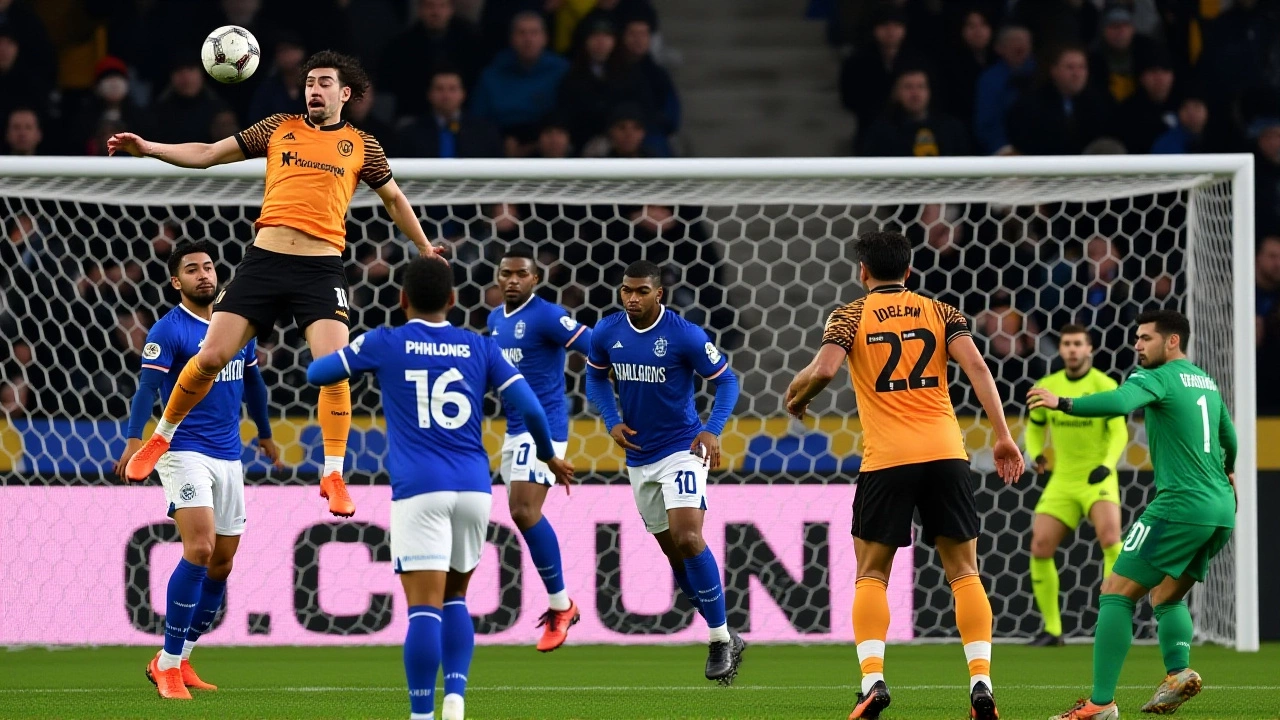
Why This Win Matters More Than the Scoreline
The numbers tell a story of contradiction: Hull had 58% possession. QPR had 23 shots to Hull’s 9. Hull had 5 corners. QPR had 9. Hull committed 9 fouls. QPR, just 7. And yet, before the second half, it looked like possession would win the day. Instead, efficiency did. WhoScored.com noted QPR "created a high number of chances relative to their possession"—a hallmark of Julien Stephan’s tactical reshuffle. The team stopped trying to dominate the ball and started exploiting space. Through balls. Quick transitions. One-touch finishes. It wasn’t pretty, but it was effective. This was more than a win. It was a statement. After four straight losses—including three in the last month at Loftus Road—QPR had been sliding toward relegation danger. Now, they’re back in the hunt. The victory lifted them to 18th place, just two points off the playoff zone. More importantly, it restored belief.What’s Next for QPR and Hull City?
QPR’s next fixture is away at St. Andrew’s against Birmingham City on November 30. They’ll travel with renewed confidence, and perhaps, a new identity. Stephan’s side now looks like a team that can grind out results, not just chase them. For Hull City, the defeat is a setback. They’ve now lost three of their last four league games. Their 4-2-3-1 formation, which looked so effective early, became predictable. Without a consistent goal threat beyond Gelhardt and Destan, they’ll need to adjust. Their next match—a home game against Sheffield Wednesday—could define their season.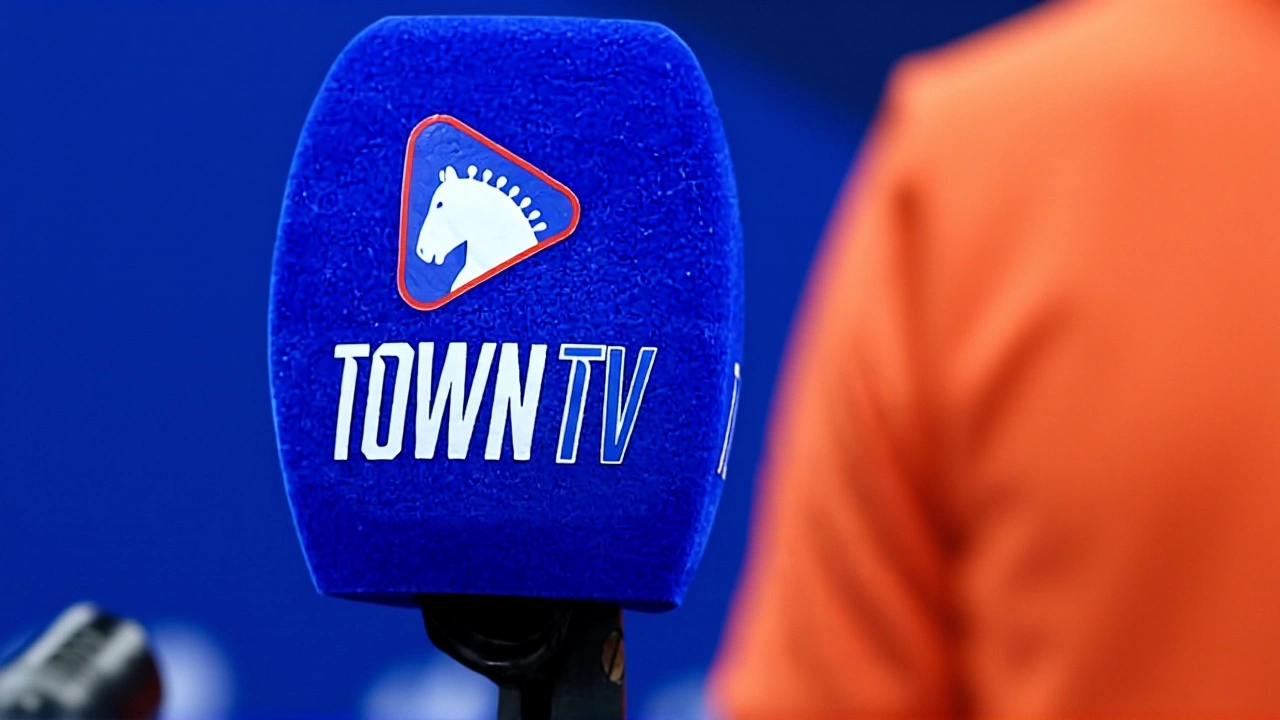
Background: The Long Road Back for QPR
QPR’s struggles this season have been rooted in inconsistency. After a promising start in August, they lost seven of their last ten matches. Key players like Amadou Mbengue and Ilias Chair were inconsistent. The defense, once solid, looked porous. But Saturday’s game showed signs of cohesion. Chair, in particular, looked like the creative engine the team has missed since last season’s injury to Brandon Barker. Clarke-Salter’s return is another piece falling into place. After 10 months on the sidelines, his composure on the ball and willingness to track back have already improved QPR’s balance. And Burrell? The 23-year-old striker, signed from Wigan in the summer, had been criticized for missing chances. His winner? A moment of pure instinct. A redemption.Frequently Asked Questions
How did Ilias Chair influence the match beyond his goal?
Chair didn’t just score the equalizer—he was QPR’s main creative force, completing 87% of his passes and delivering the assist for Dunne’s equalizer. His movement off the ball created space for Burrell and Mbengue, and his 7 key passes were the most on either side. He played the full 90 minutes and was named Man of the Match by Sky Sports.
Why did Hull City lose despite dominating possession?
Hull’s possession was ineffective. They passed sideways too often and lacked penetration in the final third. Only 4 of their 9 shots were on target, and their 5 corners came mostly from crosses that QPR cleared. Meanwhile, QPR’s 23 shots came from dangerous areas, with 7 on target. Efficiency trumped volume.
What was the significance of J. Clarke-Salter’s return?
Clarke-Salter hadn’t played since January 2025 due to hip surgery. His return added defensive stability and attacking width. He delivered three key crosses, won 5 of 7 aerial duels, and helped neutralize Hull’s wide threats. His presence allowed QPR to shift from a reactive to a more balanced formation in the second half.
Did weather conditions affect the match?
Yes. The match was played under clear skies with temperatures around 11°C and light winds—ideal for football. Sky Sports noted fans celebrated Hull’s second goal with "knee slides" on the pitch, indicating dry, firm conditions that favored technical play. The surface allowed for precise passing, which helped QPR’s counterattacks.
How does this result impact QPR’s relegation battle?
The win lifted QPR to 18th place, just two points from 16th and the playoff zone. With only 12 games left, every point is critical. This was their first home win since August. If they can replicate this intensity away from Loftus Road, they have a real chance to avoid the drop.
What’s the historical context of QPR vs. Hull City?
Since 2015, QPR and Hull have met 12 times in the Championship, with QPR winning 5, Hull 4, and 3 draws. Their last meeting in 2024 ended 1-1 at the KCOM Stadium. This was QPR’s first win over Hull at Loftus Road since 2019. The 3-2 scoreline matches the most common result between them over the past decade.
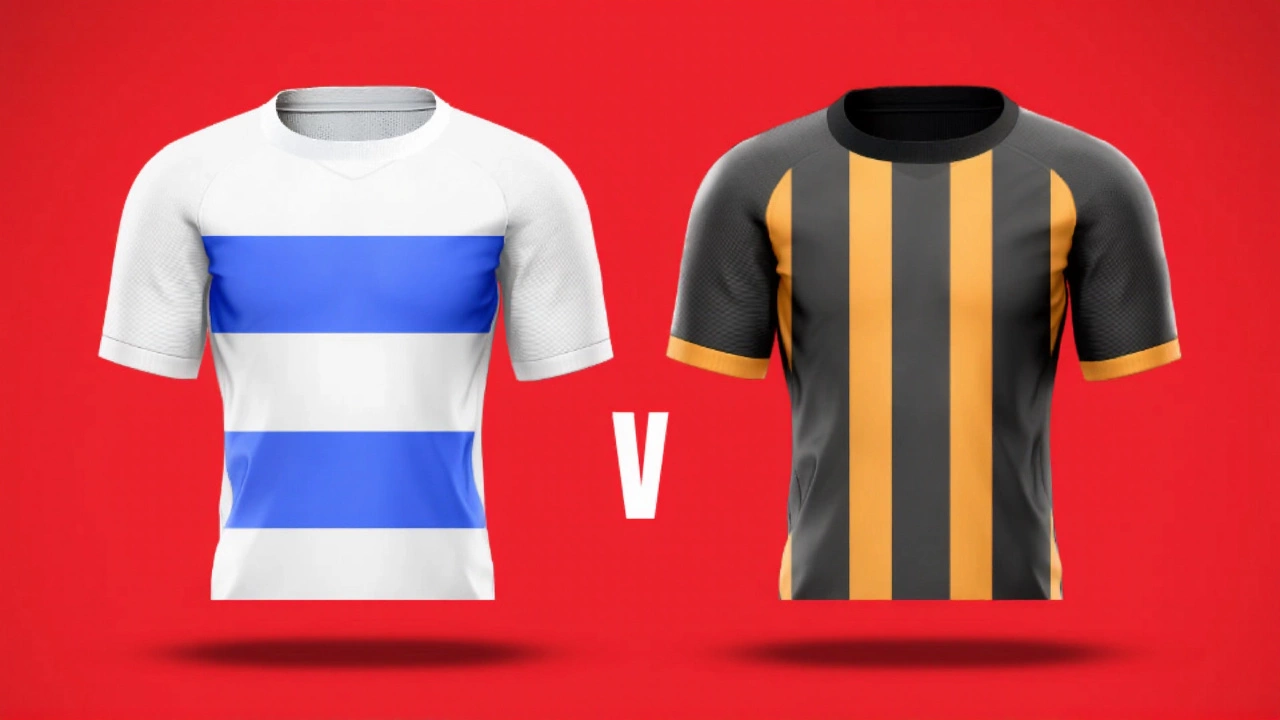

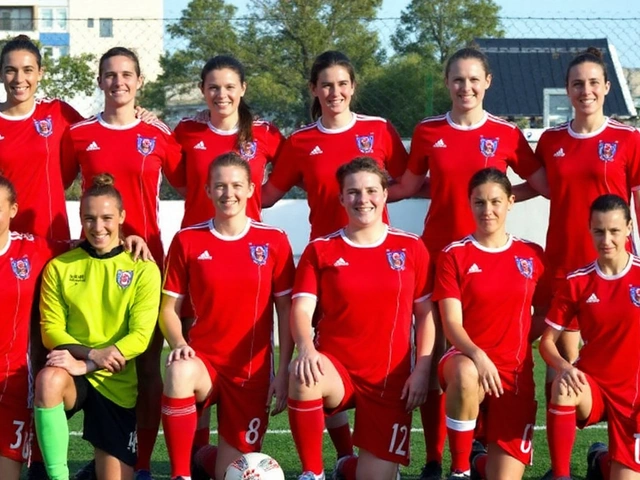


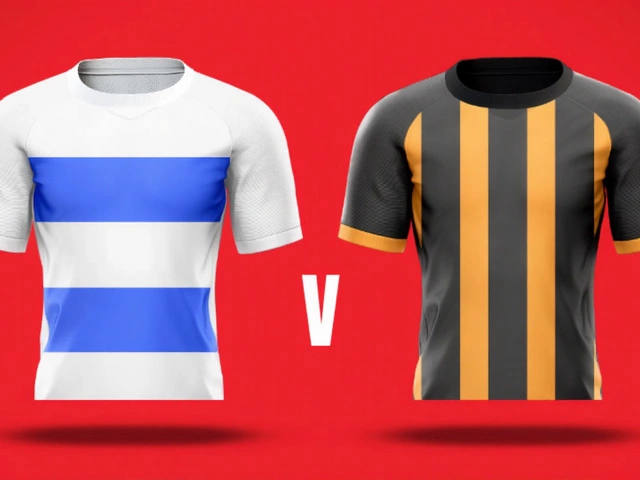
Write a comment